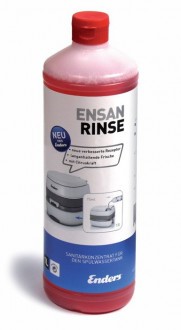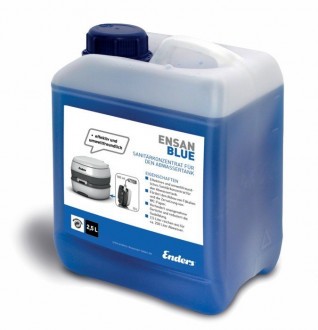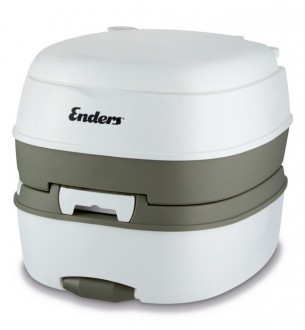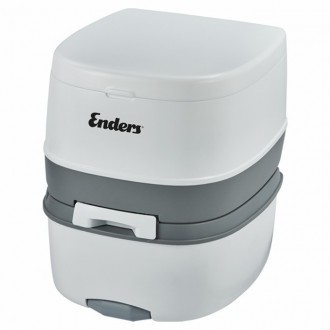- Information
- About Us
- Service and Warranty
- Delivery and payment
- News
- Contacts
- АКЦИИ
A dry toilet for a summer residence is an autonomous toilet system that does not require connection to a sewer or septic tank. This is an excellent option for country houses and other places where there is no centralized sewage system.
There are two main types of dry toilets:
- Composting toilets: These toilets use composting materials, such as sawdust or peat, to break down waste.
- Chemical toilets: These toilets use chemicals to break down waste.
Advantages of using biotoilets:
- Does not require a sewer connection: Dry toilets do not require a sewer connection, so they can be used anywhere.
- Eco-friendly: Dry toilets do not pollute the environment.
- Convenient: Dry toilets are easy to use and maintain.
- Affordable: Dry toilets are affordable.
Disadvantages of using dry toilets:
- Regular Cleaning Required: Compost toilets need to be cleaned regularly.
- Can be expensive: Some models of composting toilets can be expensive.
- Not suitable for everyone: Composting toilets are not suitable for everyone.
How to choose a dry closet for your dacha:
- When choosing a dry closet, you must consider:
- Size: Composting toilets come in different sizes. Choose a composting toilet that suits your needs.
- Type: Select the appropriate type of composting toilet.
- Price: Composting toilets come in different price ranges. Choose a composting toilet that suits your budget.





